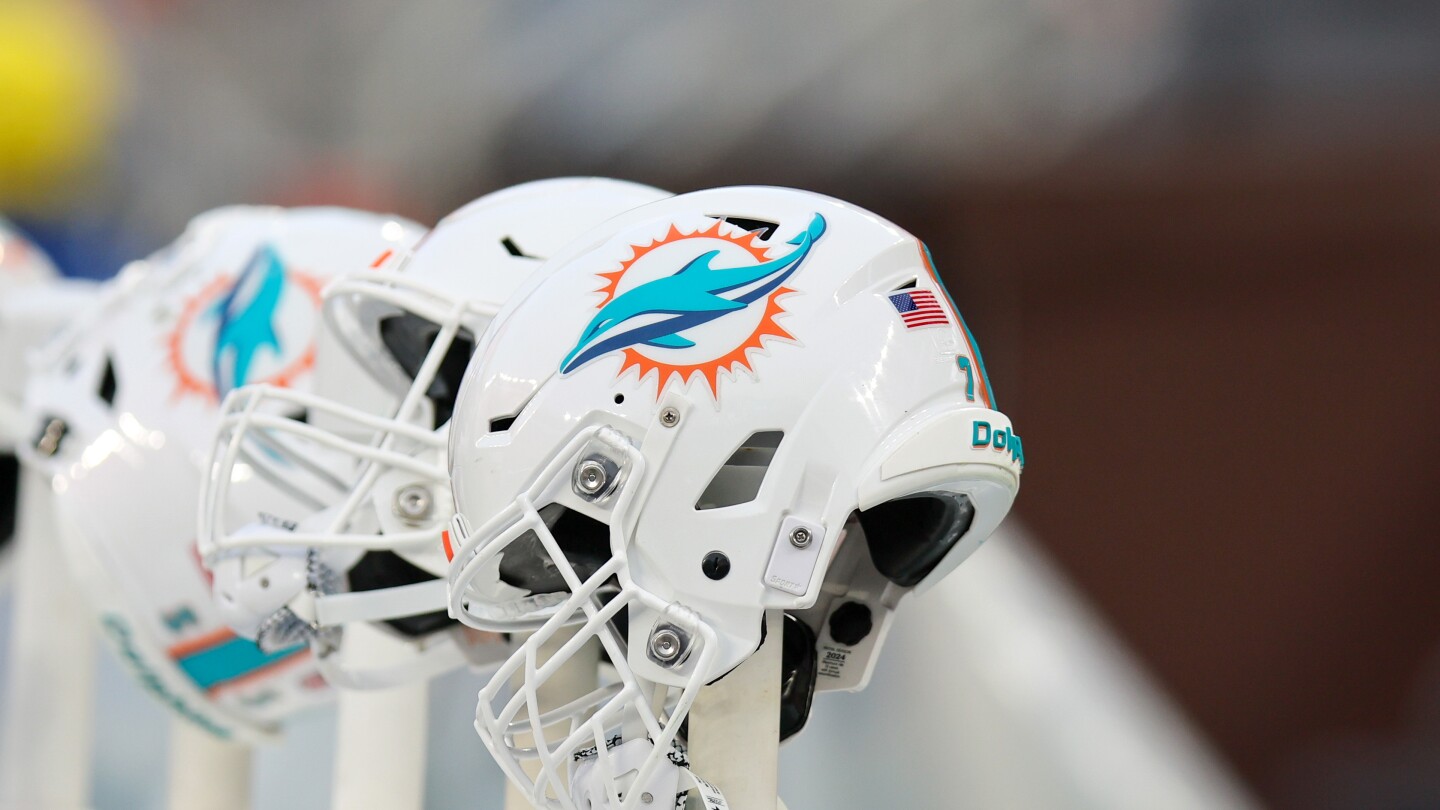Dolphins Dive Deep: Robert Prince Emerges as Top Candidate for Wide Receivers Coaching Vacancy

The Miami Dolphins are steadily moving forward in their quest to fill the void left by former receivers coach Wes Welker's departure. The team is carefully evaluating potential candidates who can bring fresh insights and expertise to their wide receiver development program.
After Welker's exit, the Dolphins are committed to finding a coach who can not only maintain the high standards of receiver training but also potentially elevate the team's offensive strategy. The search reflects the organization's dedication to continuous improvement and maintaining a competitive edge in the NFL.
While the process of finding the right replacement may take time, the Dolphins remain focused on identifying a coach who can connect with their young receiving talent and help maximize their potential on the field. The team is approaching this transition methodically, ensuring they select a coach who aligns perfectly with their offensive vision and player development philosophy.

